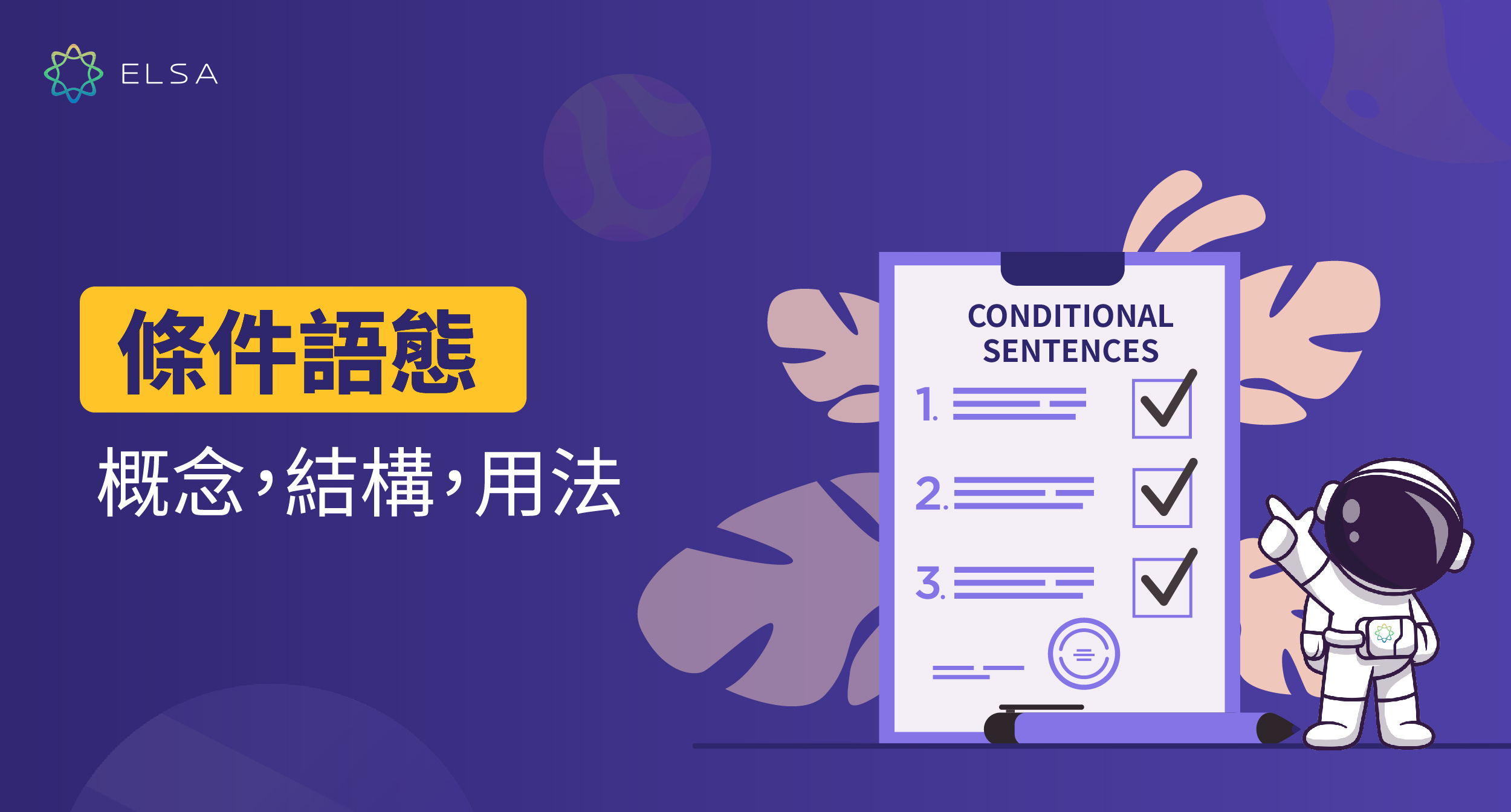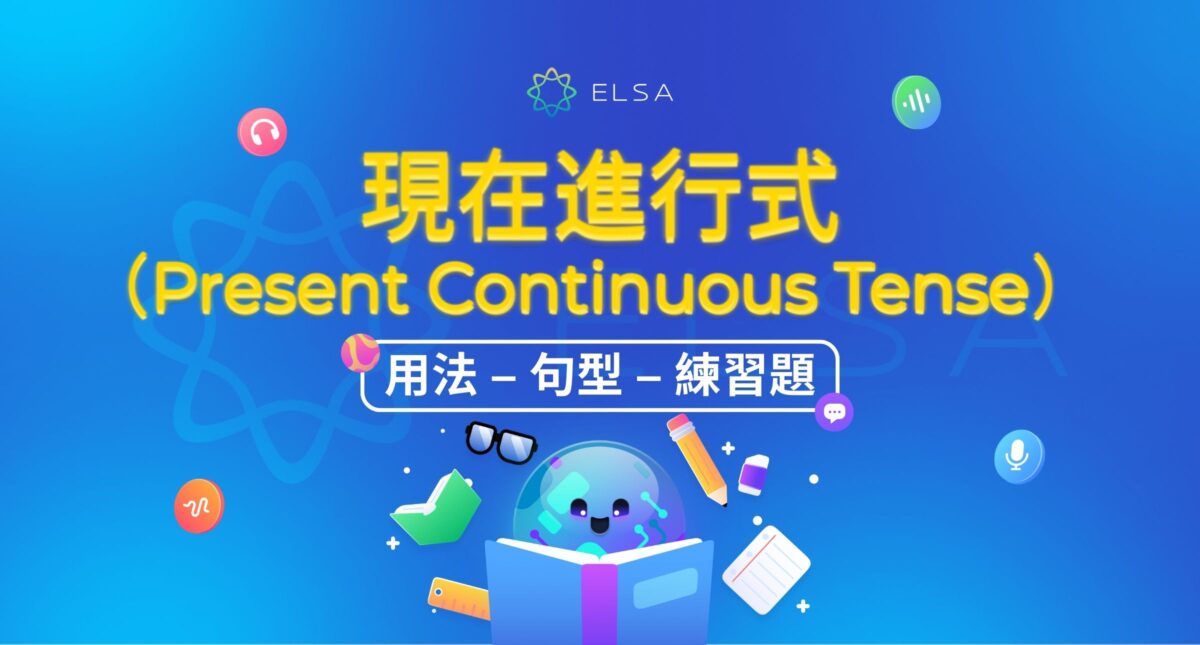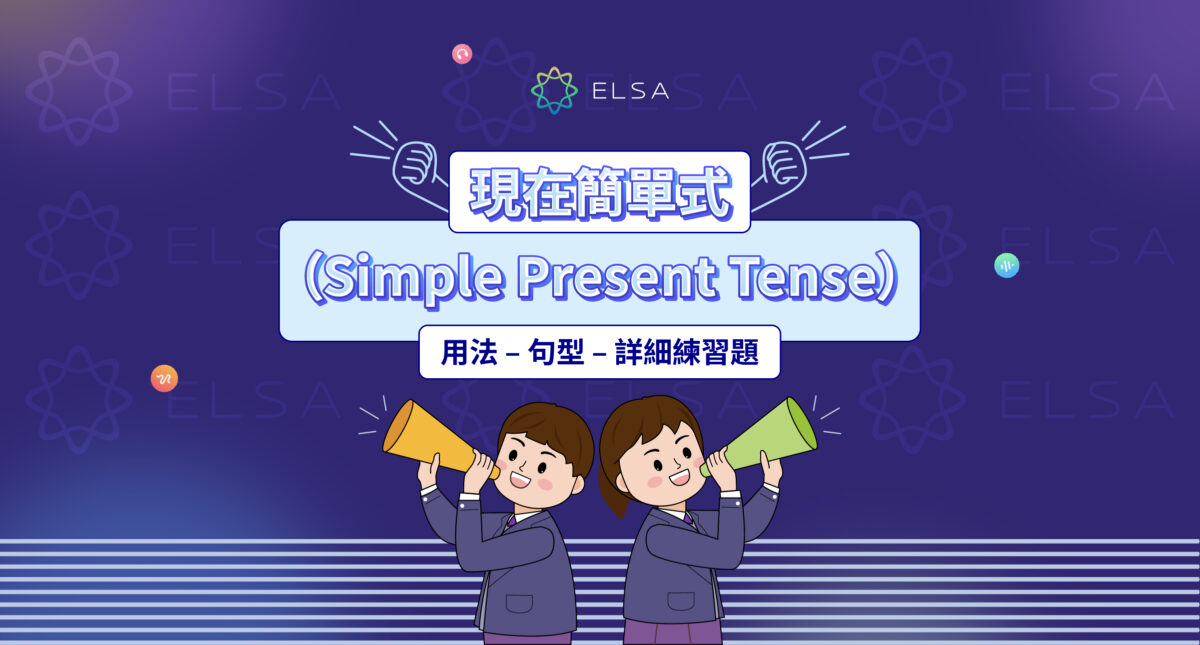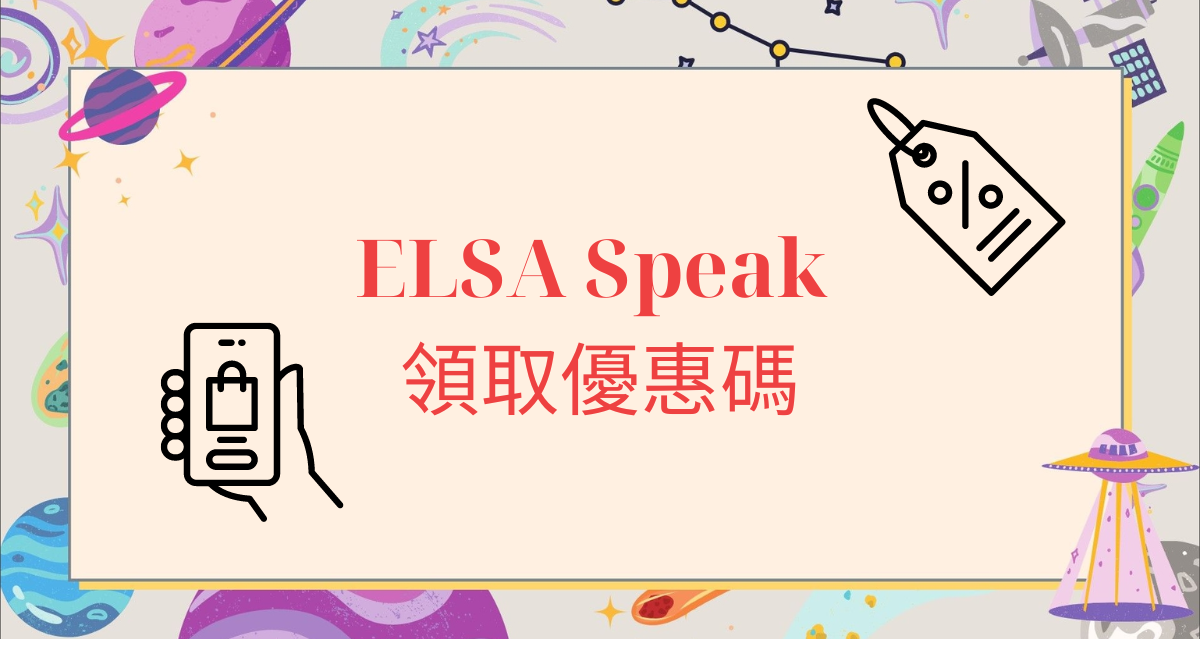您在使用英文條件句時遇到困難嗎?這類文法看似簡單,卻包含許多“陷阱”,讓您在溝通中感到困惑。別擔心,今天ELSA Speak將與您分享有關 if 用法,結構,概念 ,幫助您輕鬆自信地征服條件句。
If條件句是什麽?
英語中的條件句(Conditional sentences)是用來表示在滿足某個一定的條件時可能發生某個事件的結構。
條件句的基本結構由兩個子句組成:
| 如果子句 (If clause), 主要子句 (Main clause) |
其中:
- If子句 (If clause):陳述主句中事件發生的假設或必要條件。
- 主句 (Main clause):表達如果條件子句中提到的事件的結果或後果。
例如:
- If we had more money, we would buy that house.
翻譯:如果我們有很多錢,我們就會買那棟房子
- We would buy that house if we had more money.
翻譯:如果我們有很多錢,我們就會買那棟房子

if 用法 – 英語條件句的類型
英語條件句有四種主要類型以及條件句的一些變體,根據條件的可行性程度和事件發生的時間進行區分。
那 If後面加什麽以及 if 用法?

第0類條件句
用法
第0類條件句用來表達明顯的事實、始終正確的事或一般的習慣和規則。
結構
| 結構: If + S + V(s/es), S + V(s/es) |
其中:If子句(If clause)和主要子句(Main clause)- 都使用現在簡單式。
列如
- If you heat ice, it melts.
翻譯:如果您加熱冰塊,它會融化的。
- My baby sister cries loudly if she is hungry.
翻譯:我的小妹妹餓了就會大聲。
第一類條件句
用法
第一類條件句 用於描述現在或將來可能發生的導致未來結果的情況。
結構
| 結構: If + S + V(s/es), S + will/ can/ may + V |
其中:
- If clause (條件子句) 用現在簡單式
- Main clause (主要子句) 用 S + will/ can/ may + V的結構.
列如
- If I win this competition, my parents will be proud.
翻譯:如果我贏得了這次比賽,我的父母會為我感到驕傲。
- If you’re hungry, I’ll cook you something.
翻譯:如果您餓了,我會幫您做點東西吃。
第二類條件句
用法
第二類條件句用於描述目前不正確的假設,並導致目前也不正確的結果。
結構
| 結構: If + S + V(ed), S + would + V |
其中:
- If clause (條件子句) 用過去簡單式.
- Main clause (主要子句) 用 Would + V 結構.
列如
- If I were you, I wouldn’t lend him money.
翻譯:如果我是您,我不會借錢給他。
- If I won the lottery, I would buy a mansion.
翻譯: 如果我中了彩票,我會買一棟豪宅。
注意: 在 IF 第二類條件句中,to be 後面的所有主詞都是 were。
列如:
- If I were you, I’d never marry a person like him.
翻譯:如果我是您,我永遠不會嫁給像他這樣的人。
- If he were rich, he would take his parents to travel around the world.
翻譯:如果他有錢,他會帶父母去環遊世界。 (事實是他並不富有)。
第三類條件句
用法
第三類條件句用來描述過去沒有發生的情況和事件,因為所提到的情況沒有發生。這種結構經常被用來暗示遺憾或責備。
結構
| 結構: If + S + had + V3/ed, S + would + have + V3/ed. |
其中:
- If clause (條件子句) 使用過去完成式
- Main clause (主要) 用 S + would + have + V3/V-ed 的結構.
列如
Last night, if that man hadn’t driven carelessly, he wouldn’t have caused that accident.
翻譯:昨晚,如果那個男人沒有魯莽駕駛,就不會釀成那場意外。
- If Thomas had driven carefully, he would not have had an accident last night.
翻譯:如果 Thomas 開車小心的話,他昨晚就不會發生事故。
混合類條件句
| 條件類 | 結構 | 列如 |
| 第二和三的混合條件句 | If + S + V2/ed, S + would have + V3/ed 其中: If clause (條件子句): 使用第2類條件句的結構. Main clause (主要子句): 使用第3類條件句的結構。 | If I were rich, I would have bought that house. 翻譯:如果我有錢的話,我就買那棟房子了。 If I was a good cook, I would have invited them to dinner. 翻譯:如果我的厨藝很好,我會邀請他們來吃晚餐。 |
| 第三和二的混合條件句 | If + S + had + V3/ed, S + would + V (bare infinitive) 其中: If clause (條件子句): 使用第3類條件句的結構. Main clause (主要子句): 使用第3類條件句的結構. | If I had studied harder, I would have a better job now. 翻譯:如果我更努力學習,我現在就找到一份更好的工作了。 If we had caught the plane, we would be lying on a beach now. 翻譯:如果我們趕上了飛機,我們現在就會躺在海灘上了。 |
注意:If後面動詞將根據句子的時態進行變位。
閲讀更多:
- 過去完成式 (Past Perfect): 理論與練習
- 不定代名詞 (Indefinite pronouns): 用法和題庫
- Used to, be used to, get used to 的構造在英文中的用法是什麼?區別和練習示例以避免混淆
條件句的另一種情況
使用 Unless 的情況
Unless 用來表達一個否定條件,意思相當於。 “if not” (如果不是).
| 條件類 | 列如 |
| 第0類 | Ice melts if you don’t put it into a fridge => Ice melts unless you put it into a fridge. 翻譯:除非將冰塊放入冰箱,否則它會融化。 |
| 第一類 | She will have a headache if she doesn’t stop working now. => She will have a headache unless she stops working now. 翻譯:除非她現在停止工作,否則她會頭痛。 |
| 第二類 | If you didn’t have to go to school, you could go to the zoo with us now. => Unless you have to go to school, you could go to the zoo with us now. 翻譯:如果您不用去上課,現在就可以跟我們一起去動物園。 |
| 第三類 | Yesterday, I would have come to your wedding if I hadn’t worked overtime. => Yesterday, I would have come to your wedding unless I had worked overtime. 翻譯: 昨天,如果我不用加班,我就去參加您的婚禮了。 |

使用 if 替換短語的情況
在英語中,有許多短語可以代替“if”來創建條件句子。這些短語有助於豐富表達方式並提供語法多樣性。以下是在條件句中替換“if”的短語以及如何使用它們:
As long as / So long as
“As long as” 和 “so long as” 意思是“只要”,描述某事發生的必要條件。
| 結構: As long as / So long as + S + V, S + will/can/may + V |
列如:
- You can stay here as long as you keep quiet.
翻譯: 只要保持安靜,您就可以留在這裡。
- So long as you finish your homework, you can watch TV.
翻譯: 只要您完成作業,您就可以看電視。
Provide (that) / Providing (that)
“Provided (that)” 和 “providing (that)” 意思是“條件是”,描述某事發生的必要條件。
| 結構: Provided (that) / Providing (that) + S + V, S + will/can/may + V |
列如:
- You can go out provided that you finish your chores.
翻譯: 您可以出去,條件是您完家務
- Providing that it doesn’t rain, we will have a picnic.
翻譯: 我們就去野餐,條件是不下雨
On condition that
“On condition that” 意思是“條件是”,經常用於正式寫作
| 結構: On condition that + S + V, S + will/can/may + V |
列如:
- You can use my car on condition that you drive carefully.
翻譯: 您就可以使用我的車,條件是您小心駕駛。
- They agreed to the proposal on condition that certain modifications were made.
翻譯: 他們同意該提議,但條件是做出一些改變。
In case
“In case” 意思是“以防”,描述針對可能情況採取的預防措施。
| 結構: In case + S + V , S + will/can/may + V |
列如:
- Take an umbrella in case it rains.
翻譯: 帶上雨傘,以防下雨。
- I always carry a map in case I get lost.
翻譯: 我總是帶著地圖,以防迷路。
Whether or not
“Whether or not” 意思是“不管”,通常用於表達不確定性或不依賴具體條件的情況。
| 結構: Whether or not + S + V, S + will/can/may + V |
列如:
- Whether or not you like it, we are going to the party.
翻譯: 不管您喜不喜歡,我們都會去參加聚會。
- I’ll go for a walk whether or not it rains.
翻譯: 不管下雨不下雨我都會去散步。
Suppose / Supposing (that)
“Suppose” 和 “supposing” 意思是“假設”,用於做出假設。
| 結構: Suppose / Supposing (that) + S + V, S + will/can/may + V |
列如:
- Suppose you won the lottery, what would you do?
翻譯: 假設您中了彩票,您會做什麼?
- Supposing that he doesn’t come, what will we do?
翻譯: 假設他不來,我們該怎麼辦?
用 wish / if only的情況
| 公式 | 結構 | 用法 | 列如 |
| 現在 | S + wish(es) + (that) + S + V(ed) + …If only + (that) + S + V(ed) + … | 表達說話者想要擁有但現在不存在的慾望或事物。與當前現實相比,這也可能是完全相反的假設。 | She wishes she was a man – 她希望自己是個男人。 If only I were a billionaire – 要是我是億萬富翁就好了! |
| 過去式 | S + wish(es) + (that) + S + had + V(pp) + …If only + (that) + S + had + V(pp) + … | 對過去沒有採取不同的做法表示遺憾,或假設如果過去沒有發生某件事,結果就會有所不同。這種用法與第3類條件句=非常相似。 | I wish I had studied harder for the exam – 要是我在考試時能更加努力學習就好了。 If only he hadn’t missed the train – 要是他沒有錯過火車就好了 |
| 未來式 | S + wish(es) + (that) + S + would + V-inf + …If only + (that) + S + would + V-inf + … | 表達希望將來會發生某事或有好事發生。這種結構表達了對未來的願望或希望,並表明它可能會發生,但仍然只是一種期望或希望。 | I wish you would come to my birthday party – 我希望您能來參加我的生日宴會。 If only he would get the job he applied for – 如果他能得到他申請的工作就好了。 |
>>閲讀相關:12 種英文時態:結構、識別標誌、用法、記憶技巧與應用練習
注意:在 Wish/If only 句子中可以使用現在式的「could」來表達做某事的可能性,但這在現實中不太可能發生。當在Wish/If only句子中使用「could」時,我們清楚地表明說話者想要或渴望的事情可以發生,但在實施中仍然存在許多限製或障礙。
例如:
- I wish I could visit my family more often – 我希望能常去看家人,但工作很忙。
- If only I could play the piano – 要是我會彈鋼琴就好了,但我沒有機會學。

>>更多英語文法:
條件句的一些變體
第一類條件句的變體
- 用於將來可能發生的情況,強調事件發生/完成的狀態
| 結構: If + present simple, future continuous/future perfect |
列如:
- If we leave Taipei for Tainan today, we shall be staying in Tainan tomorrow.
翻譯: 如果今天從台北市去台南市,那麼明天就到了台南市。
- If you do your homework right now, you will have finished it in 2 hours’ time.
翻譯: 如果您現在做家務,兩個小時內就能完成)
- 在表示同意、允許或建議的情況下
| 結構: If + present simple, … may/can + V-inf |
列如:
- If it stops raining, we can go out.
翻譯: 如果雨停了,我們就出去
- 用於推薦、建議、勸或請求但強調行動的句子
| 結構: If + present simple, … would like to/must/have to/should… + V-inf |
列如:
- If you go to the library today, I would like to go with you.
翻譯: 如果您今天去圖書館,我想跟您一起去。
- If you want to lose weight, you should do some exercise.
翻譯: 如果您想減肥就應該運動
- 對於祈使句(主語隱藏在主子句)
| 結構: If + present simple, (do not) V-inf |
列如:
- If you are hungry, go to a restaurant.
翻譯: 如果您餓了,就去餐廳
- If you feel cold, don’t open the door.
翻譯: 如果您覺得冷,就不要開門。
第二類條件句的變體
主子句
| 結構 | 列如 |
| If + past simple, … would/should/could/might/had to/ought to + be V-ing | If we left Tainan for Taipei This morning, we would be staying in Taipei tomorrow. 翻譯: 如果我們今天早上從台南市進入台北市,那麼明天我們就能到台北市。 |
| If + past simple, past simple. | If the goalkeeper didn’t catch the ball, they lost. 翻譯: 如果守門員沒有接住球,他們就輸了。 |
| If + past simple, … would be + V-ing | If I were on holiday with him, I would/might be touring Italy now. 翻譯: 如果我和他一起去度假,我現在就會/能去義大利旅遊。 |
| If 用於 “as, since, because”(可與主子句中多種不同式的動詞組合) | If you knew her troubles, why didn’t you tell me? 翻譯: 如果您知道她的麻煩,為什麼不告訴我? |
輔子句
| 結構 | 列如 |
| If + past continuous, … would/could + V-inf | If we were studying English in London now, we could speak English much better. 翻譯: 如果我們現在在倫敦學習英語,我們就能說更好的英語。 |
| If + past perfect, … would/could + V-inf | If you had taken my advice, you would be a millionaire now. 翻譯: 如果您聼了我的建議,您現在就會成為百萬富翁了。 |
第三類條件句的變體
| 結構 | 列如 |
| If + past perfect, … could/might + present perfect | If we had found him earlier, we could have saved his life. 翻譯: 如果我們之前找到他,我們就能救他的命了。 |
| If + past perfect, present perfect continuous | If you had left Taipei for Tainan last Saturday, you would have been swimming in HuangJin Haian last Sunday. 翻譯: 如果您上週日離開台北市去台南市,您可能上週日就在黃金海安游泳了。 |
| If + past perfect, … would + V-inf | If she had followed my advice, she would be richer now. 翻譯: 如果她聽我的建議,她現在可能會更富有。 |
| If + past perfect continuous, … would + present perfect | If it hadn’t been raining the whole week, I would have finished the laundry 翻譯: 如果整個星期沒有下雨,我就會洗完衣服了。 |
條件句的使用注意事項
如果條件句有否定子句,可以用 unless 代替 if not
列如:
- I will have a picnic this weekend if it’s not raining
翻譯: 如果不下雨的話這個週末我會去野餐
- Please don’t text me unless you have a necessary problem.
翻譯: 除非您有必要的問題,否則請不要給我發短信。
在第一類條件句中,如果 if 子句出現在主子句之後,則可以在 if 子句中使用將來簡單式
列如: If you’ll wake me up at 8 a.m, I will take you to the bookstore.
翻譯: 如果您八點叫醒我,我就帶您去書店。
在第二類條件句,使用 were 代替 was
列如: If I were you, I would accept that offer.
翻譯: 如果我是您,我就會接受這個提議。
使用第二類條件句和第三類條件句相當於 wish 結構和 would rather 結構,表達遺憾或責備
列如: If I had learned harder, I would not have failed my exam.
翻譯: 如果我更努力學習的話,我可能就不會考不過。
=> I wish I had learned harder
翻譯: 我希望我之前認真學習
if條件句練習
第0類條件句的練習
- If you …… (kick) a ball against a wall, it …… (bounce) back.
- If David …… (eat) strawberries, he …… (get) an allergy.
- A plant …… (die) if you …… (not water) it for a long time.
- A child …… (not grow) up well, if you …… (not feed) him or her properly.
- If you …… (tickle) Lucy, she …… (laugh) unstoppably.
- If a stranger …… (touch) my dog, he …… (bark) immediately.
- If you …… (heat) ice-cream, it …… (melt).
答案:
| 1 | Kick – Bounces |
| 2 | Eats – Gets |
| 3 | Dies – Water |
| 4 | Doesn’t Grow – Don’t Feed |
| 5 | Tickle – Laughs |
| 6 | Touches – Barks |
| 7 | Heat – Melts |
第一類條件句的練習
- If my younger sister …… (win) this race, we …… (be) proud.
- If I …… (get) that job, I …… (earn) more money.
- If that client …… (agree) to sign the contract, she …… (let) us know soon.
- My family …… (have) a better life if we …… (move) to that city.
- If their nephews …… (pass) the exam, they …… (buy) them some new toys.
- If that student …… (stop) talking in class, the teacher …… (be) very happy.
- His elder sister …… (get) mad if she …… (know) that he broke her favorite mug.
答案:
| 1 | Wins – Will Be |
| 2 | Get – Will Earn |
| 3 | Agrees – Will Let |
| 4 | Will Have – Move |
| 5 | Pass – Will Buy |
| 6 | Stops – Will Be |
| 7 | Will Get – Knows |
第二類條件句的練習
- If he …… (be) more good-looking, he …… (be) a model.
- We …… (have) a better life if we …… (earn) more money.
- If I …… (be) you, I …… (buy) that expensive bag.
- His younger sister …… (have) more friends if she …… (be) more sociable.
- If our parents …… (not be) too strict, we …… (not live) under pressure.
- If that student …… (not talk) in class, the teacher …… (be) less annoyed.
- If she …… (live) near her company, she …… (not have) to get up at 5am every day.
答案 :
| 1 | Were – Would/ Could Be |
| 2 | Would/ Could Have – Earned |
| 3 | Were – Wouldn’t Buy |
| 4 | Would/ Could Have – Were |
| 5 | Weren’t – Wouldn’t Live |
| 6 | Didn’t Talk – Would Be |
| 7 | Lived Near – Wouldn’t Have |
第三類條件句的練習
- Last night, if that woman …… (drive) carelessly, she …… (not cause) that accident.
- That employee …… (not lose) his job if he …… (work) efficiently.
- Yesterday, if that boy …… (not break) the vase, his father …… (not be) mad.
- Last month, I …… (not meet) him if I …… (not go) to that party.
- That day, she …… (not find) her dog if she …… (not go) into the garden.
- Yesterday, if my brother …… (do) his homework, his teacher …… (not scold) him.
- Last Friday, if she …… (know) your phone number, she …… (call) you.
答案 :
| 1 | Had Driven – Wouldn’t Have Caused |
| 2 | Wouldn’t Have Lost – Had Worked |
| 3 | Hadn’t Broken – Wouldn’t Have Been |
| 4 | Wouldn’t/ Couldn’t Have Met – Hadn’t Gone |
| 5 | Wouldn’t/ Couldn’t Have Found – Hadn’t Gone |
| 6 | Had Done – Wouldn’t Have Scolded |
| 7 | Had Known – Would/ Could Have Called |
第二和三混合類條件句的練習
- If that student …… (go) to bed early last night, he …… (not feel) sleepy now.
- You …… (not have) a stomachache now if you …… (not drink) a lot of milk tea this afternoon.
- If we …… (not forget) our umbrellas yesterday, we …… (not be) sick now.
- He …… (get) promoted now if he …… (work) hard in the past.
- She …… (take) part in the race now if she …… (not break) her arm yesterday.
答案:
| 1 | Had Gone – Wouldn’t Feel |
| 2 | Wouldn’t Have – Hadn’t Drunk |
| 3 | Hadn’t Forgotten – Wouldn’t Be |
| 4 | Would Get Promoted Now – Had Worked Hard |
| 5 | Could Take – Hadn’t Broken |
第三和二混合類條件句的練習
- If I …… (be) you, I …… (help) that poor lady yesterday.
- If we …… (have) children, they …… (take) care of us when we were in hospital last month.
- I …… (save) that child if I …… (be) you.
- She …… (take) that cup off the high shelf this morning if she …… (be) taller.
- He …… (make) more friends at the party last night if he …… (be) a friendly person.
Answer:
| 1 | Were – Would Have Helped |
| 2 | Had – Would Have Taken |
| 3 | Would Have Saved – Were |
| 4 | Would/Could Have Taken – Were |
| 5 | Would/Could Have Made – Were |
在上面的文章中,ELSA Speak 整理了有關 if 用法、結構、形式和練習的知識,希望這篇文章能幫助您更有效地進行英語交流。請關注 ELSA Speak 閱讀後續文章,就在英語文法專欄等你!


 2024年/08月/28日 | Linh Chau
2024年/08月/28日 | Linh Chau









